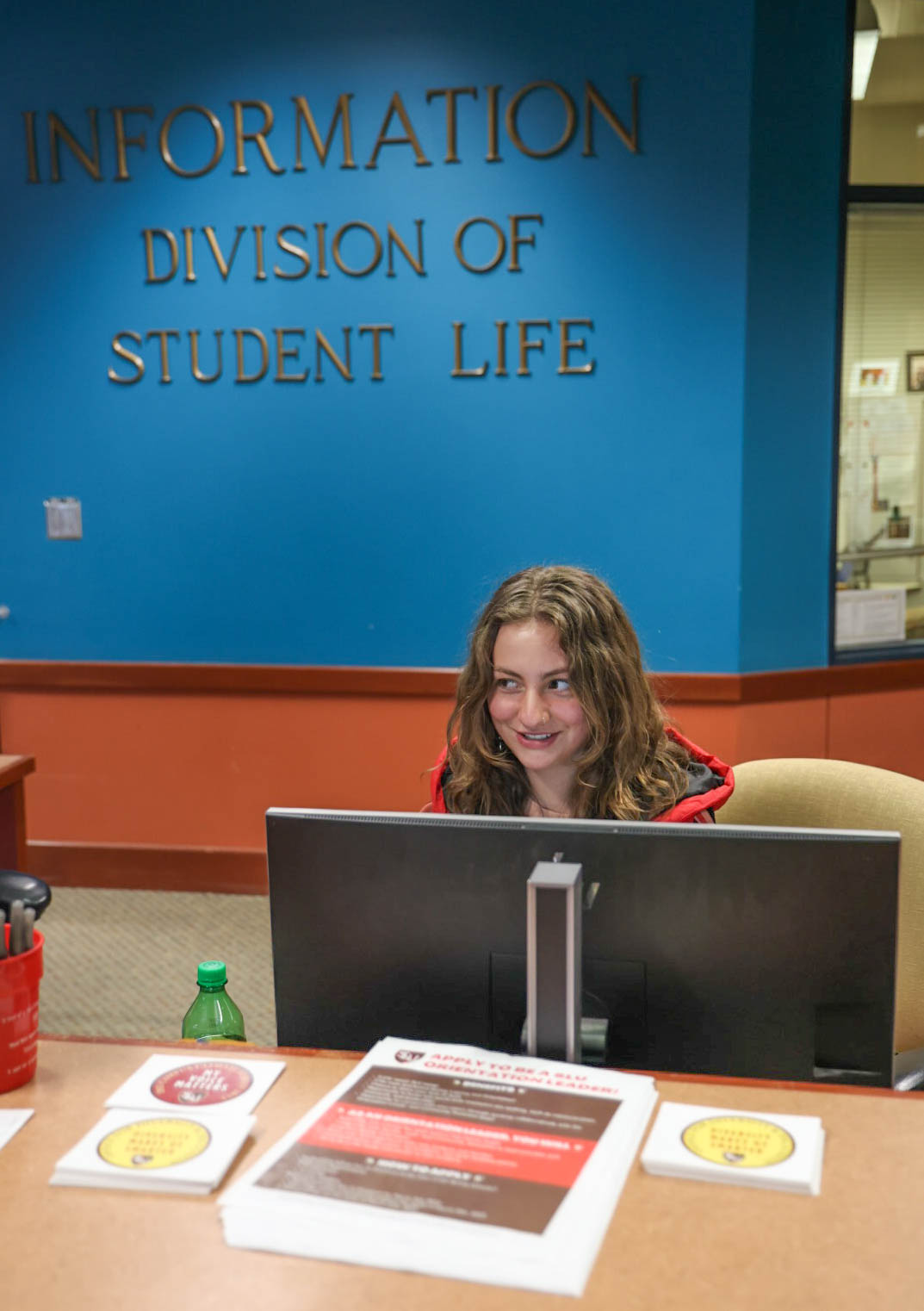SLUdent Wage Crisis: Direly Underpaid
More often than not, one will find flyer after flyer hung up in the Sullivan Student Center, or around campus, expressing student frustrations with the wages that come with on-campus jobs. Ask any student who is currently employed in an on-campus job (Owen D. Young Library, Payson Admissions, Stafford Fitness Center, etc.), they will all tell you that the income they receive from working at a capped
15 hours per week is simply not enough. Work 15 hours per week for two weeks at the Stafford Fitness Center, and the paycheck doesn’t add up enough to cover the costs of an English Major’s textbooks for the semester (about $235 dollars for 30 hours of work if one gets scheduled that much). At institution St. Lawrence students certainly pay more than top dollar for, why is it that students have to work for an entire month (without acknowledging monthly expenses currently) at $8.10 per hour, at an average of eight hours per week, to make approximately $325 dollars for five weeks of work? The constant frustrations expressed by students are seemingly being disregarded, despite their efforts to reason.
While we all have heard and understand that certain funds are allocated for certain things, and donors can be specific about where they want money to go and when, the student body has been doing their research. When the question arises time and time again, “why can’t students who are working on campus achieve a pay raise?” They are given the following reasoning. According to Stlawu.edu, we are attending “a non-profit institution of higher education, [that] has an exemption in regard to the NYS minimum wage for student employees.” This explanation simply doesn’t fit, as both Columbia University and Ithaca College, both categorized as the same 503c not-for-profit tax-exempt organizations with similar tuition costs ($77,603 and $65,527, respectively), pay their student and full-time employees at least minimum wages for NYS. By paying the students on campus a reasonable working wage, they could continue to provide for themselves and contingent expenses, but the worker shortage on campus and in dining services would be alleviated a bit more.
The problem is exacerbated for international students, as in most cases, an international student visa for the United States has incredibly limited labor opportunities, and the only option is to take an on-campus job. With this information, international students are even more at a disadvantage. The opportunities for work are so extremely limited that it indicates a necessity to take on an on-campus job that would require a student to work for a minimum of two months, making at least $6 less than the NYS minimum wage (which is currently set at $14.20/hour), in order to accumulate enough for a very cheap international flight—and that’s without spending a dime in the process.
The student body is tired and constantly expressing their concerns about wages on campus.
University students are not just students, but legal adults with their own expenses and need an income that will allow them to survive and live. If a student spends five weeks’ worth of their only source of income on textbooks at the beginning of the semester, how are they expected to budget out additional funds for other university costs, medical expenses that require them to go beyond that of the St. Lawrence University health center, or contingent purchases that arise when they don’t expect it? The students have spoken, time and time again, and they are tired of waiting for change. The students want to be able to live on the wages they work for.



